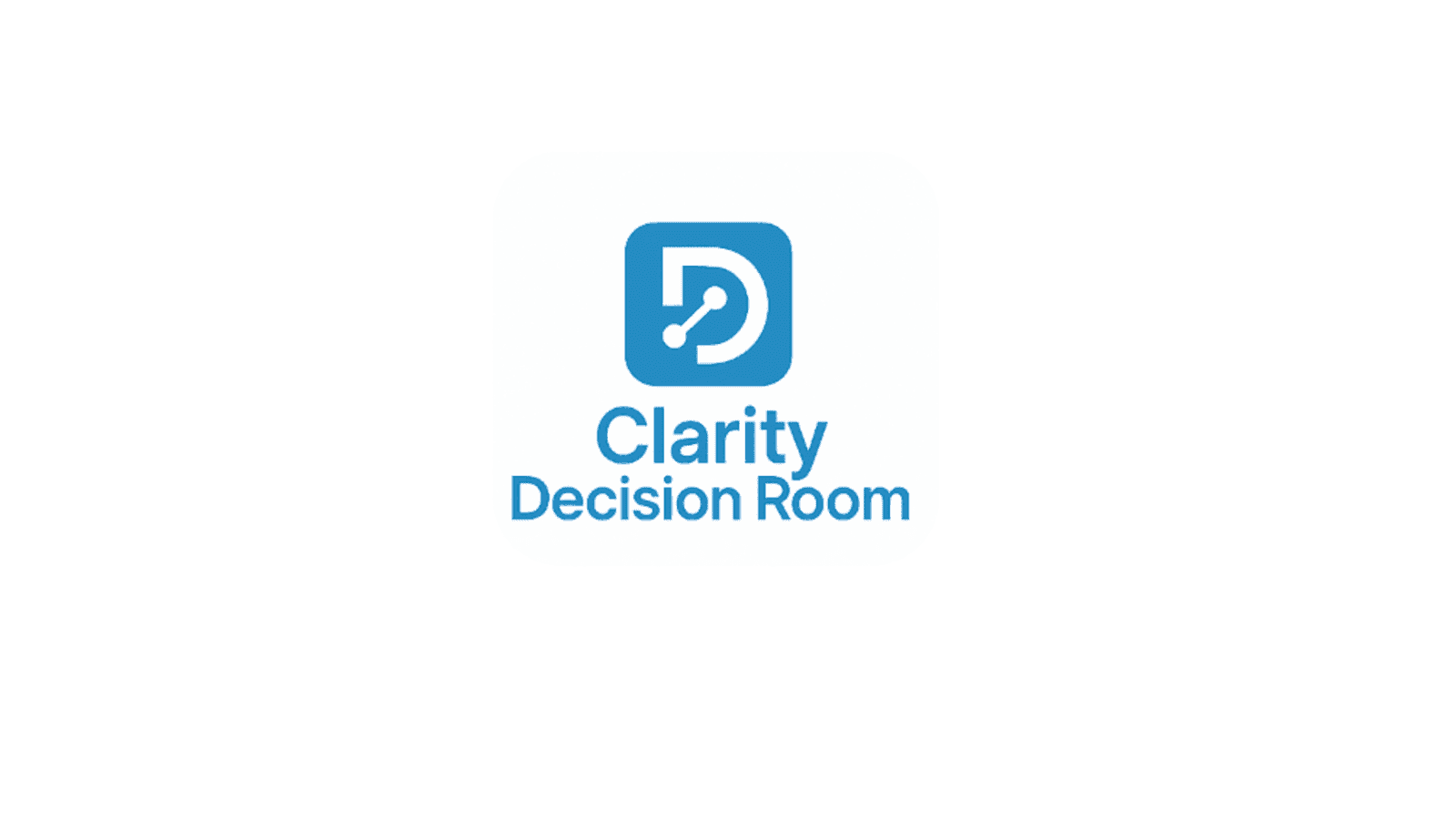Maybe it's a numbers and timing game?
Did you know Barack Obama and Mark Zuckerberg don't have many clothing options? It's not because they can't afford it. No, it is to limit the number of decisions they must make to avoid decision fatigue.
Have you heard of decision fatigue? I am sure you have experienced it. Decision fatigue occurs when you make too many decisions in a row (session), leading to less effective decisions.
On average, adults make 35,000 conscious decisions a day. You can increase that depending on your position. For example, doctors, judges, nurses, and decision-makers. Our decisions are greater in number with longer decision sessions.
Decision fatigue is different from mental fatigue. Both have cognitive characteristics; however, mental fatigue can result from the complexity of the work, switching between multiple tasks, or multitasking. Decision fatigue is focused on the decline in the quality of decisions made during long periods of decision-making.
A study, "Extraneous factors in judicial decisions," on parole board judges showed that the percentage of favorable rulings by judges dropped from around 65% to almost 0% within each 'decision session' recorded but returned to around 65% after a break.
Another study showed that manuscript rejections increased during longer decision sessions. This may be why so many publishing companies rejected J.K. Rowling's manuscript. Maybe her manuscript was at the bottom of many stacks.
Maybe it's a numbers and timing game?
For decision-makers, your entire day could be filled with decisions. How many of us skip lunch or eat lunch and work? Or go to lunch with vendors/colleagues who want to convince you to make a decision? Even though we are making different decisions on different issues, we haven't taken a break from decision-making for the entire day, only to go home and make more emotional decisions. This is how decision fatigue emerges.
Let's face it together once and for all! Let's face the fact that we are human beings; even though we have heavy responsibilities, we are still human beings. We are not robots; we can't sustain the same level of efficacy that we started the day with throughout the day without breaks in between.
There are some serious effects when people suffer from decision fatigue.
- Reduced ability to weigh the pros and cons of a choice.
- Increase susceptibility to heuristics and biases.
- Reduced self-control: A study ("decision fatigue saps willpower--if we let it") showed that decision fatigue could be a factor in the decision to engage in late-night dalliances [or overeating].
- Emotional decision-making
Here are some ways to combat decision fatigue:
- Simplifying choices
- Limit options (e.g., reducing clothing choices)
- Establishing routines
- Benefits of habit formation (have you ever driven to work and didn't remember any of the drive?)
- Prioritizing decisions
- Recognizing which decisions matter most
- Use mindfulness to reduce stress and enhance clarity
- Take a few warrior breaths to activate your parasympathetic nervous system
- Take a break. Step away.
- Using Technology to Alleviate Decision Fatigue
- Automate tasks when it makes sense.
